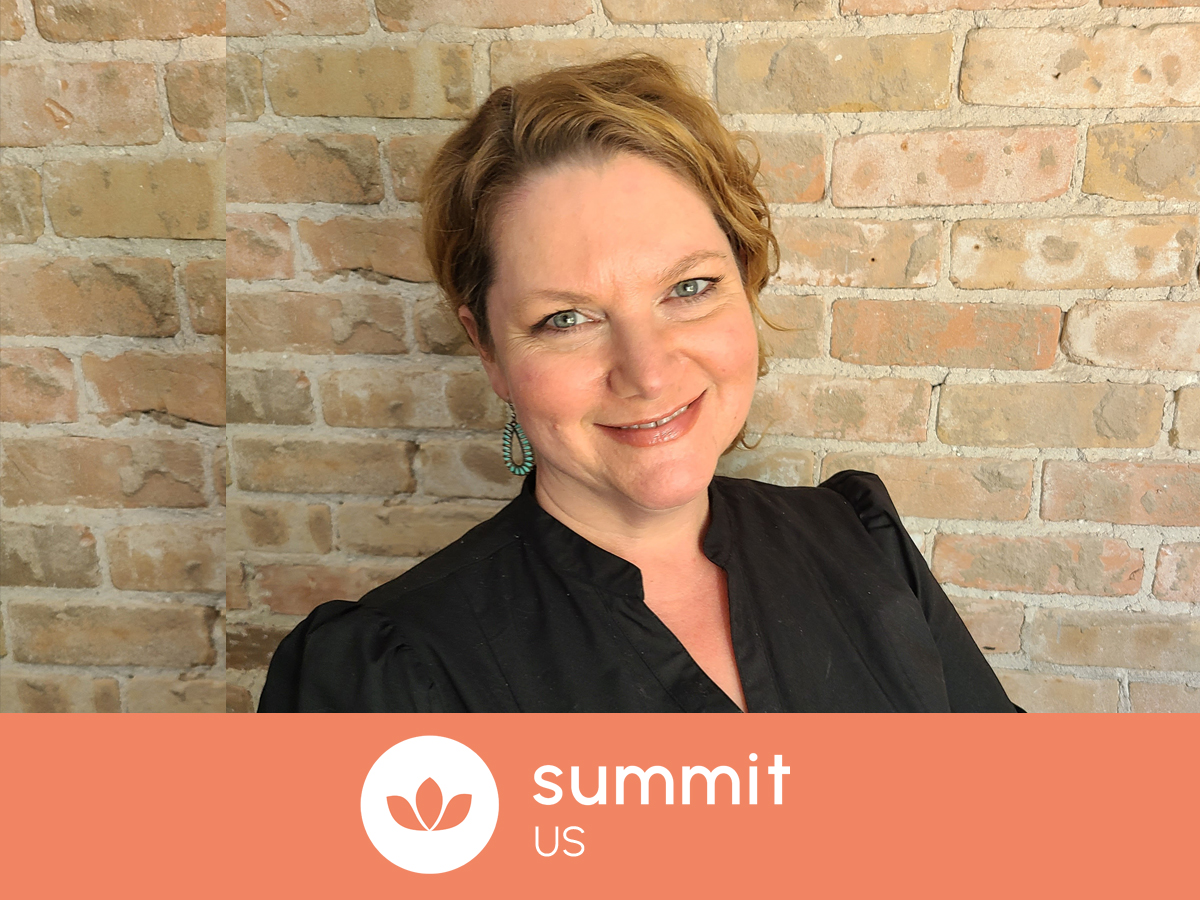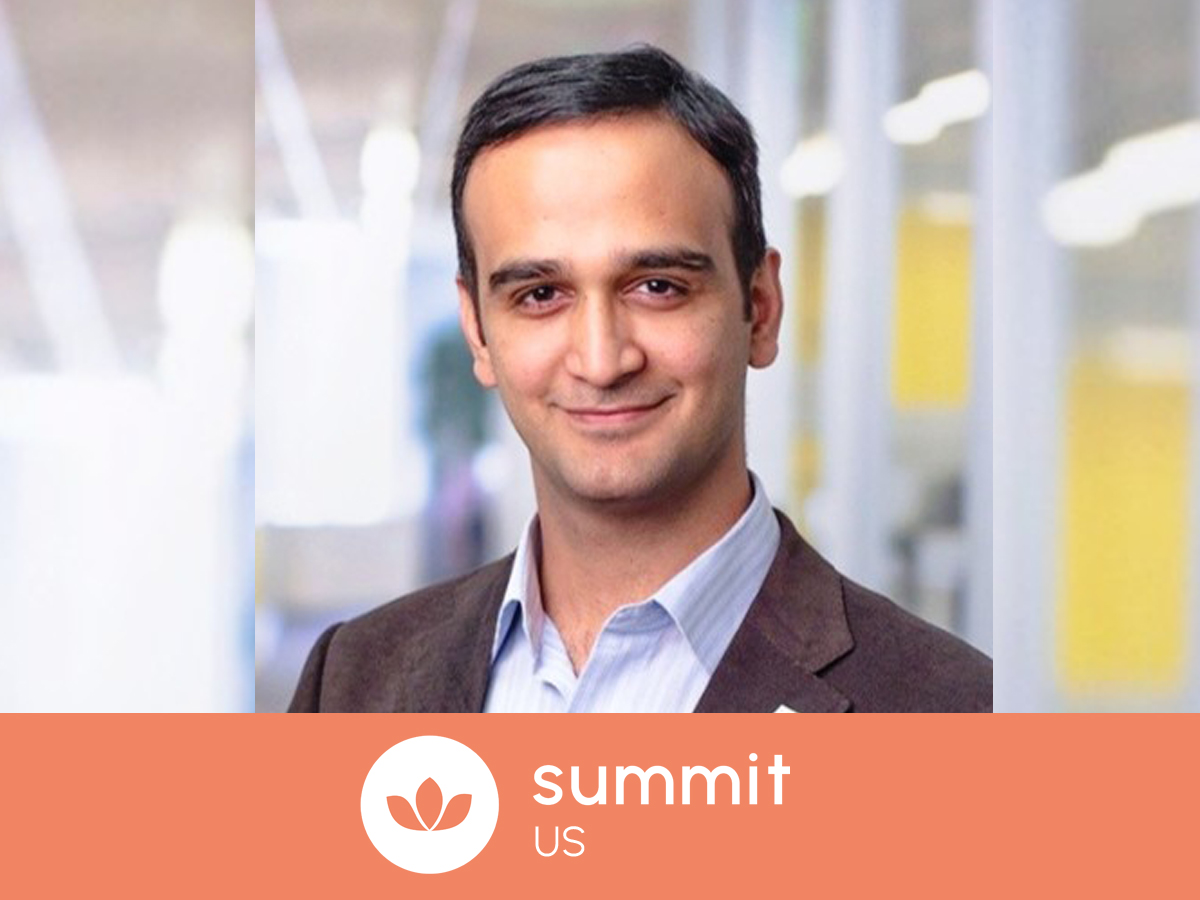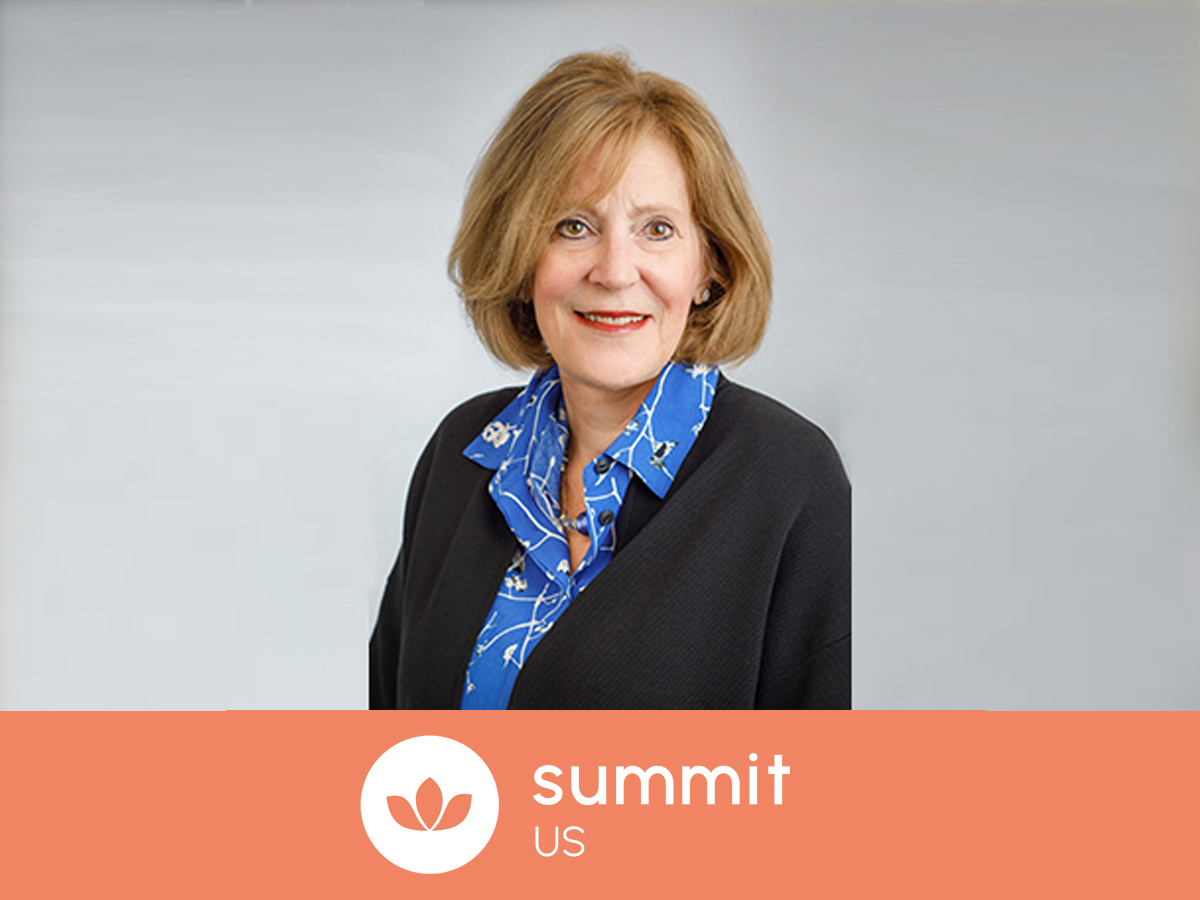
We are delighted that Amanda will be speaking in Singapore as part of our Asia summit. We caught up with her to see how she’s feeling in the runup to the event.
Hi Amanda, we are thrilled that you will be speaking at the Wellbeing at Work Asia Summit in March. Our first and most important question is, how are you doing today?
I’m doing wonderfully today, thank you for asking! Wellbeing is a critical topic and I’m looking forward to contributing insights and gaining new perspectives from fellow leaders on how we can further support employee wellness in our workplaces.
As a leader based in the region, what are the main challenges you are facing when it comes to employee wellbeing and mental health?
The diversity across Asian markets creates some great challenges. We’re navigating cultural landscapes where mental health conversations range from being openly embraced to deeply private. This requires a nuanced approach that respects cultural contexts while still moving the needle on support. Simultaneously, our industry’s rapid technological evolution, particularly around AI, creates a fascinating dichotomy. On one hand, our predominantly young, tech-savvy workforce embraces innovation enthusiastically; yet, there’s palpable anxiety about what these advancements mean for career trajectories and job security.
What strategies have you seen developing over the past 6 months, both internally and externally, that are moving the dial on wellbeing in the workplace?
The integration of analytics into wellbeing strategies has been transformative. At Mastercard, the use of tools like Vivo Insights has effectively enabled us to better understand employee sentiment. Equally impactful have been the evolving tone from senior leadership – I’ve witnessed how my fellow executives across the region are becoming more vocal advocates for wellbeing, which sends powerful signals of openness and transparency to employees.
We’re also seeing the maturation of flexible work policies. Organizations like Mastercard are implementing sophisticated approaches like our Work from Elsewhere program, which acknowledges that flexibility isn’t just about location but about integrating work meaningfully with life’s other dimensions. The most successful initiatives we’ve implemented combine technological enablement with cultural reinforcement – providing both the tools and the permission to prioritize wellbeing.
Why is employee wellbeing so important to you personally?
Throughout my leadership journey, I’ve seen how our most innovative solutions and breakthrough moments come from teams operating with a sense of physical, mental, social and financial wellbeing. By fostering positive and productive work environments, we enable higher employee engagement and satisfaction leading to greater curiosity and creativity. It is both mine and Mastercard’s belief that caring for our employees – making them feel valued and supported – is good for the business and the right thing to do.
What impact is AI having in your organization and how are you managing that?
We are focused on applying AI to make Mastercard as a whole stronger. Our implementation prioritizes strategic productivity enhancement, with tools like CoPilot handling routine tasks so teams can focus on complex problem-solving and relationship management. We’ve also built specialised platforms to scale operational excellence and drive talent development, with a highlight being our Unlocked talent marketplace that uses AI to match employees with growth opportunities to build future-relevant capabilities.
While our employee experience survey revealed enthusiasm about AI’s potential, we recognize that new technologies spark questions and sometimes concern. We are committed to building trust through education about our AI approach, as well as the benefits it brings to our employees’ day-to-day experiences and overall career path. To this end, we are delivering a three-tiered learning strategy: Building of AI literacy, providing role-based skill development, and supporting AI-assisted reskilling for new roles (e.g. Unlocked). Throughout this transformation, we remain focused on ensuring that AI enhances wellbeing – automating mundane tasks while creating space for meaningful work that drives both business results and personal fulfilment.
Other than AI, are there any challenges that you are seeing for the first time and how are you addressing them?
The unprecedented convergence of 4 generations in our workforce presents a unique leadership opportunity. Each cohort brings distinctive expectations around work arrangements and benefits, creating both richness and complexity in developing employee programs that meet varying needs while maintaining cohesion.
At Mastercard, we’re investing in sophisticated feedback mechanisms that inform flexible frameworks, allowing customization within clear parameters. By complementing this approach with transparent communication and specialized support programs tailored to different life stages (e.g. our global New Parent Leave program and ‘Investing in You’ initiative), we ensure that our diversity drives innovation while building an inclusive workplace culture.
What areas do you think employers should be focused on over the next 12 months?
Navigating the ever-evolving workplace landscape of APAC can be complex, but employers should not lose sight of certain priorities. Mental health normalization remains crucial in a region where cultural stigma may prevent open discussion to varying degrees, and strategic technology implementation should focus on reducing friction in daily work. Equally important is demonstrating authentic commitment to values like sustainability and social responsibility, particularly for younger generations seeking purpose-aligned jobs.
Financial wellbeing programs that enhance literacy and practical skills can also address a significant source of employee stress, amid countless life uncertainties. The most successful initiatives will recognize that these areas of concern aren’t isolated but form a holistic ecosystem affecting employees’ overall wellbeing, requiring thoughtful integration rather than siloed approaches.
Do you feel that investment in employee wellbeing in the region is increasing or decreasing and is that a direct reflection on HR leaders’ increasing ability to demonstrate effective returns of their strategies to leadership?
Investment in employee wellbeing across APAC is undeniably increasing, driven by significant advancements in how we measure and demonstrate business impact. As leaders, we now have benchmarking tools that directly connect wellbeing initiatives to critical metrics like innovation, productivity and employee satisfaction. This data driven approach has transformed leadership strategies to focus even more on competitive advantage and sustainable growth.
This evolution is most evident in how organizations are expanding mental health support through enhanced Employee Assistance Programme (EAP) offerings, insurance partnerships, and digital platforms that provide personalized employee resources. Equally significant is the integration of financial wellbeing into comprehensive wellness strategies, acknowledging that financial stress fundamentally impacts employees and by extension, their workplace performance. These developments reflect a maturing market where wellbeing is a core business strategy with demonstrable returns.
How has your organisation been leading the way?
At Mastercard, we’ve built a holistic approach to employee experience that integrates wellbeing, development, inclusion, and purpose into a comprehensive ecosystem. Our strategy begins with policies designed for the whole individual – from our Work from Elsewhere program that offers extended periods of location flexibility without career penalties, to our gender-neutral parental leave and compassionate care benefits.
We’re enhancing this foundation with elements that support employees both inside and outside the workplace. The THRIVE global app provides personalized wellbeing resources to employees whenever and wherever they need support. Additionally, our Employee Resource Groups create communities of support around shared interests and identities, recognizing that belonging is a crucial dimension of wellbeing. In these ways, we’re setting new standards for what comprehensive employee support looks like in today’s work environment.
Amanda will be speaking in Singapore at the Wellbeing at Work Summit Asia. Further details on the Summit can be found here.



